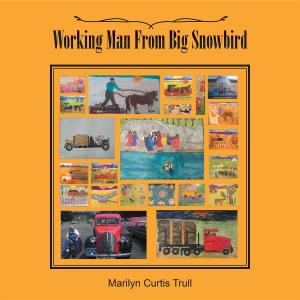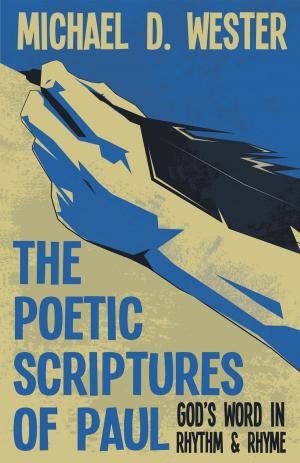| Author: | Judith Hoover | ISBN: | 9781947352650 |
| Publisher: | AuthorCentrix, Inc. | Publication: | December 30, 2017 |
| Imprint: | BookBlastPro Inc. | Language: | English |
| Author: | Judith Hoover |
| ISBN: | 9781947352650 |
| Publisher: | AuthorCentrix, Inc. |
| Publication: | December 30, 2017 |
| Imprint: | BookBlastPro Inc. |
| Language: | English |
Beyond Monongah takes the reader into the lives of the extended Martin family from Hershel’s early days as a trapper boy, to the 1907 disaster at Monongah, and on through the major events of the early Twentieth Century. The family is touched by labor unrest, by the fiery speeches of Mother Jones, by the devastation of World War I and the Spanish Flu Pandemic soon to follow. Whether the accounts of the mine explosion itself, statistics on deaths from mining accidents or deaths from influenza or tuberculosis, the dry facts of history come to life through the eyes of the miners and their wives and children. Being paid in scrip that could only be spent at the company store’s inflated prices rather than in cash meant that no savings could ever accumulate. Being forced to live in a company house as a condition of employment meant that families always faced the threat of eviction with nowhere else to go. The character of Bessie provides the woman’s perspective on these burdens as we come to understand their sorrows and their joys, their failures and their triumphs.
Beyond Monongah takes the reader into the lives of the extended Martin family from Hershel’s early days as a trapper boy, to the 1907 disaster at Monongah, and on through the major events of the early Twentieth Century. The family is touched by labor unrest, by the fiery speeches of Mother Jones, by the devastation of World War I and the Spanish Flu Pandemic soon to follow. Whether the accounts of the mine explosion itself, statistics on deaths from mining accidents or deaths from influenza or tuberculosis, the dry facts of history come to life through the eyes of the miners and their wives and children. Being paid in scrip that could only be spent at the company store’s inflated prices rather than in cash meant that no savings could ever accumulate. Being forced to live in a company house as a condition of employment meant that families always faced the threat of eviction with nowhere else to go. The character of Bessie provides the woman’s perspective on these burdens as we come to understand their sorrows and their joys, their failures and their triumphs.















